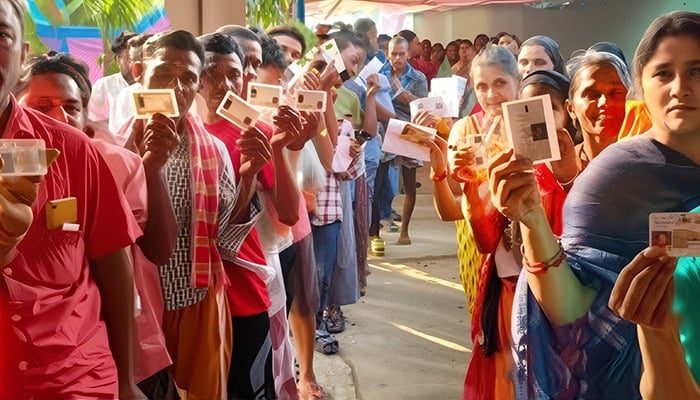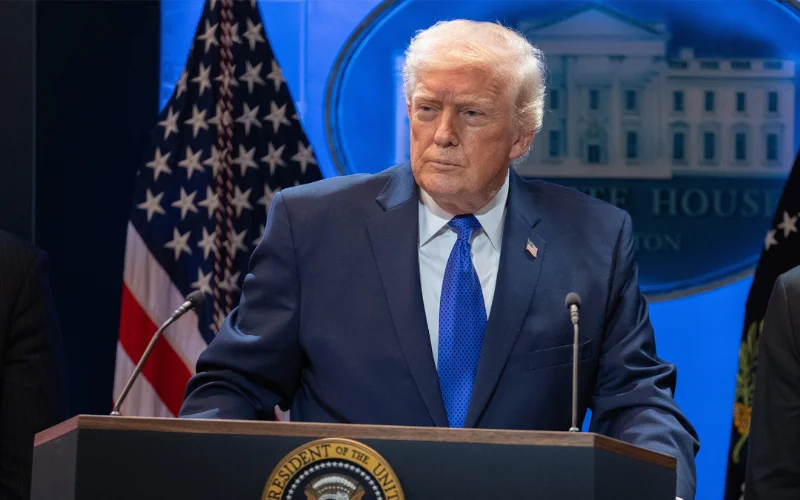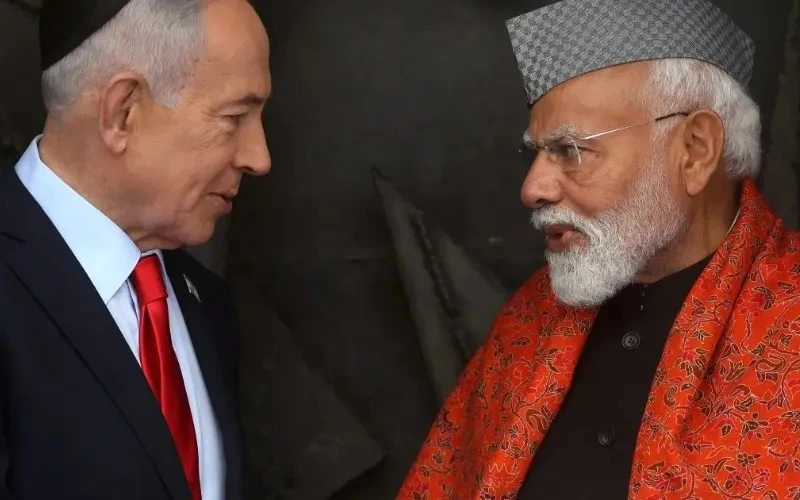The 2025 Bihar legislative assembly elections have resulted in a sweeping victory for the National Democratic Alliance (NDA), led by Prime Minister Narendra Modi’s Bharatiya Janata Party (BJP). With 204 out of 243 seats secured or leading, the NDA’s strong performance underscores Modi’s continuing appeal, especially among Bihar’s young and female voters.
Key Election Results:
NDA Dominance: The BJP leads with 93 seats (20.5% vote share), followed by regional ally Janata Dal (United) with 83 seats (19%). Other NDA allies, including Lok Janshakti Party and Hindustani Awam Morcha, also made significant gains.
Opposition Setback: The Mahagathabandhan (Grand Alliance), comprising the Indian National Congress and RJD, trails with only 33 seats. The RJD, Bihar’s dominant opposition party, secured 26 seats, but this was insufficient to challenge the NDA’s lead.
Notable Contests: Prominent figures like Tejashwi Yadav in Raghopur faced tight races, with some indications of close contests, though the NDA appeared to be gaining ground.
Why It Matters:
Test of Modi’s Popularity: Bihar’s vote serves as a barometer for Modi’s nationwide appeal, especially among India’s youngest demographic.
Gender and Voter Dynamics: The BJP’s focus on women’s welfare, including direct financial transfers, appears to have boosted female voter turnout, which exceeded 70%. This shift played a pivotal role in shaping the election outcome.
Electoral Challenges: The opposition’s allegations of voter list revisions and disenfranchisement highlight ongoing concerns about electoral fairness.
Implications for Future Politics:
Bihar’s results reinforce the BJP’s growing influence, both regionally and nationally, as it continues to secure electoral victories post-2024 national elections. The state’s outcome also emphasizes the importance of social welfare initiatives and gender-inclusive policies in contemporary Indian politics.



















